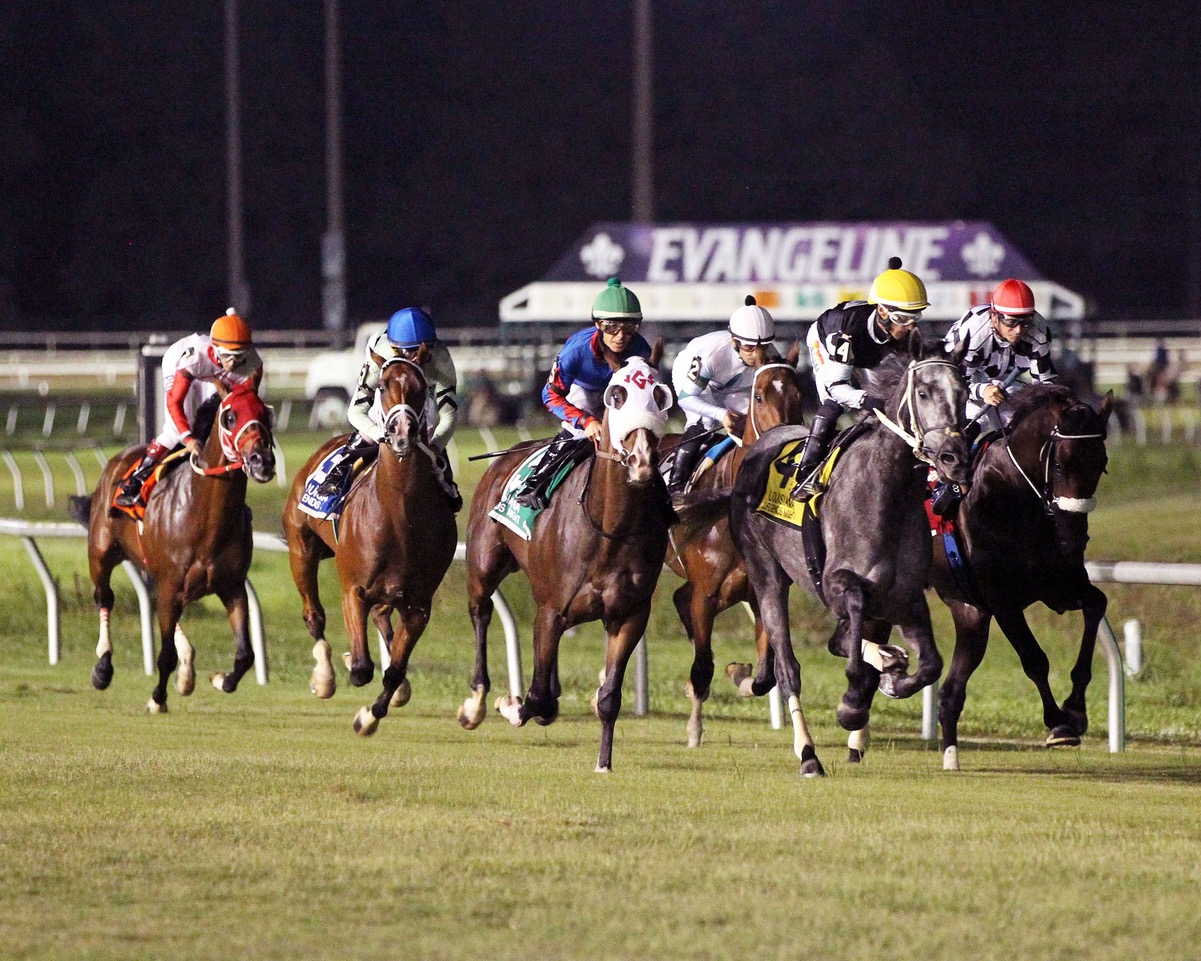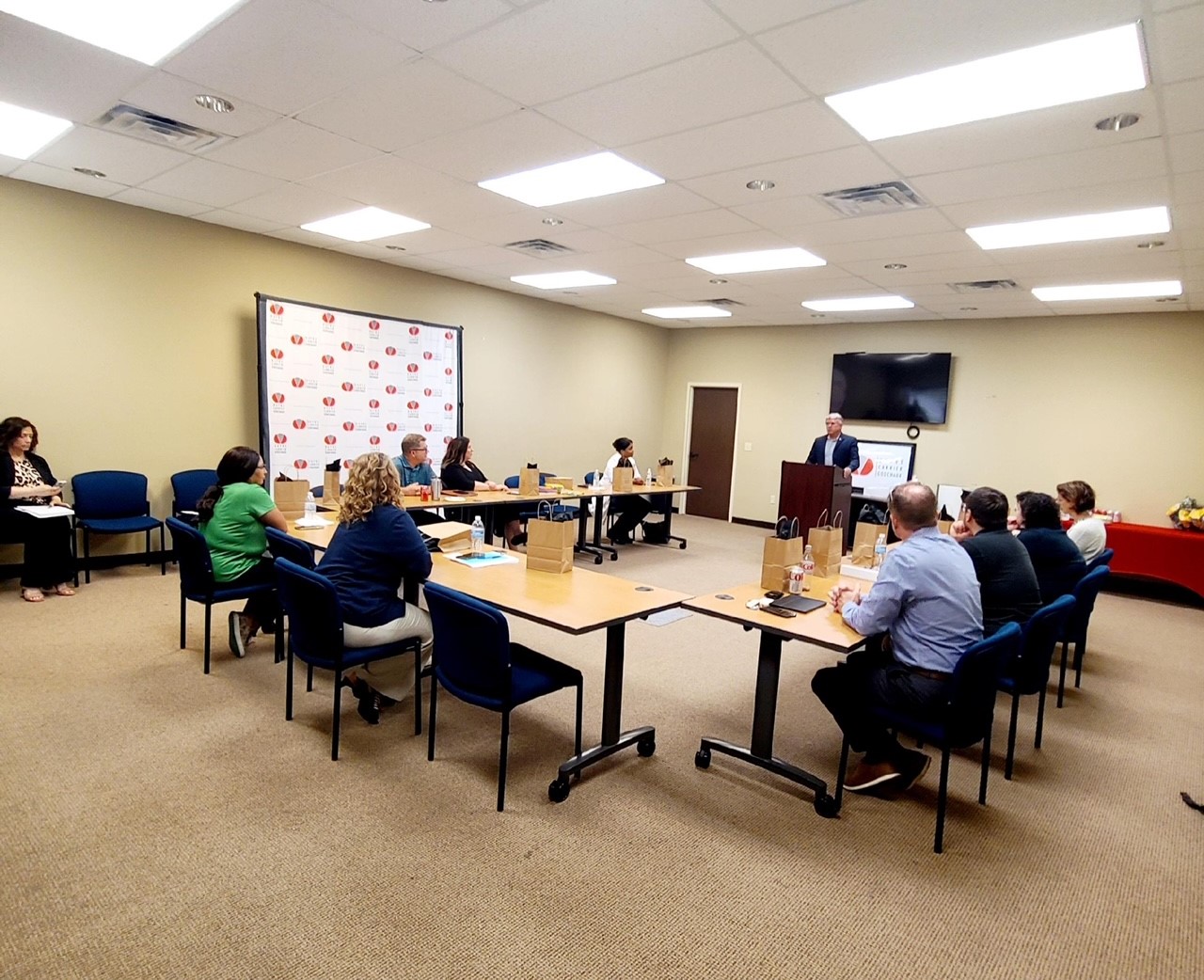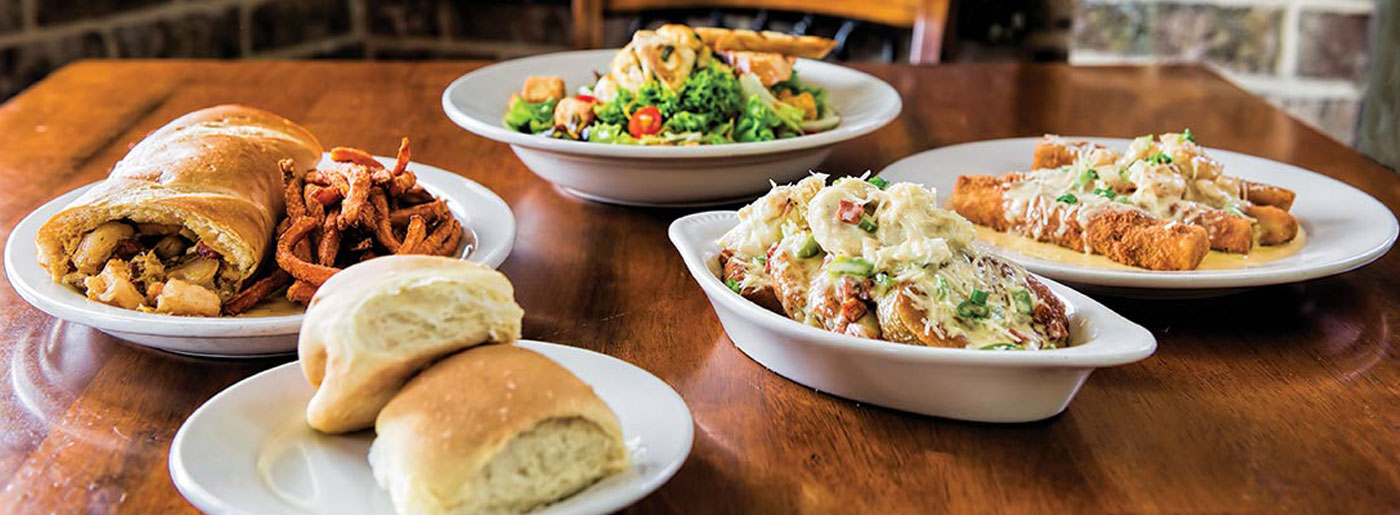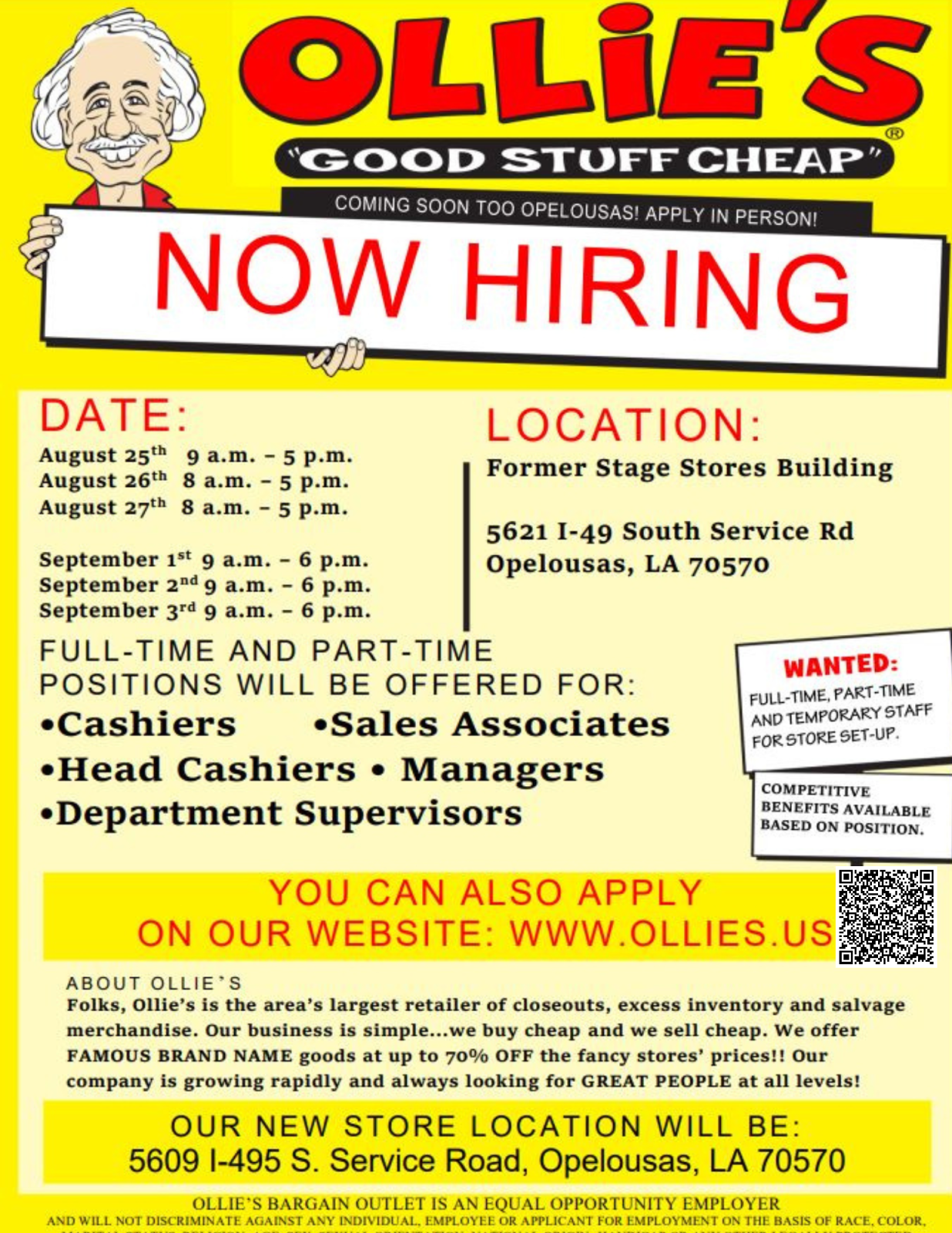St. Landry Parish is the Equine Capital of Louisiana

26 Sep 2022
News
St. Landry Parish, LA, is a vibrant community defined by a rich cultural history. Horses and horsemanship have been an integral part of that history, dating to its time as a French territory.
That history was recognized by the Louisiana State government on May 31, 2022, as Governor John Bel Edwards signed Act No. 245, designating St. Landry Parish as the Equine Capital of Louisiana. The designation was originally introduced as Senate Bill No. 392 by State Senators Gerald Boudreaux and Heather Cloud and passed the House and Senate unanimously.
While the declaration certainly recognizes the role equines played in forming the ways of the peoples of St. Landry parish, it is also an important statement on the current equine industry. More than the horse racing and breeding and myriad support industries, equines are an integral part of the overall economy and way of life in St. Landry Parish.
“We have a long, cultural history with horses in St. Landry Parish when locals relied on their abilities as a beast of burden for agriculture and other commerce,” said Buddy Helton, chairman of the Central St. Landry Economic Development District. “That tradition continues today with residents enjoying horses to show or compete in races or purely for recreational use.”
Equine history
The relationship between St. Landry Parish residents and horses dates back to the 1760s when it was part of French territory. Free men of color and French-speaking enslaved people needed horses to manage herds of cattle on farms and ranches, in addition to the drives to markets in New Orleans. Leisure activities centered around horses as well. Trail rides were gatherings where locals could celebrate together, utilizing their horses in parades and rides throughout the country. They gave rise to the local Zydeco music, a blend of blues, rhythm and blues and indigenous music that is extremely popular still today. Bush racing was also popular, in which locals tested their horsemanship against each other in races through the countryside long before the advent of today’s official track racing. South Louisiana was known for its rural dirt tracks sprinkled throughout the region, where young riders tested their abilities and those of their horses along the bush tracks. Every community had a bush track, which became an entertainment centerpiece. Creole folk developed their horsemanship working cattle across open prairie and riders pitted their skills against each other.
Today, trail and bush rides continue the connection between residents and horses as a vital part of the Creole culture in communities throughout the parish. Trail rides are lively celebrations showcasing horsemanship, the Creole cowboy culture, zydeco music and traditional foods in large celebrations. The Lebeau Posse Trailride is a popular current St. Landry Parish trail ride.
Equine Capital
Discussions centered on identifying the leading Thoroughbred capitals of the country often include Lexington, Kentucky and Ocala, Florida. Each touts itself as the ’horse capital of the world,’ with Lexington calling itself the center of the Thoroughbred breeding universe and host to the Kentucky Derby, Breeders’ Cup Classic, Kentucky Horse Park and historic Keeneland Racecourse. Ocala and Marion County, FL, is home to nearly 35,000 thoroughbred horses, the largest number of horses and ponies in any county in the United States. But equine industry insiders know there is a third capital: St. Landry Parish.
As the Equine Capital of Louisiana, St. Landry Parish makes a strong case for being the third center of everything equine. Racing, breeding, farming and more all extend the equine industry’s significance from St. Landry Parish to the rest of the country. The average St. Landry Parish and Acadiana residents not involved with horses generally do not have an appreciation for the far-reaching economic impact this industry brings to our area, said Bill Rodier, St. Landry Parish Economic Development CEO.
“This economic impact of the equine industry in St Landry Parish is substantial. Whether by direct job creation or investments in owning, training and competing horses, or operating horse farms, the industry creates substantial revenues for the area’s economy. That value is multiplied many times when you consider the indirect effect of accompanying shopping, lodging and dining at our various facilities and events,” he said. “As we develop strategies to build awareness and appreciation for that impact, the equine industry will continue to grow as a driving force in the St. Landry Parish economic engine.”
“This designation is so important to our parish for recognizing one of our largest industries and showcasing St. Landry as a whole,” said St. Landry Parish President Jessie Bellard. “We are excited to distinguish St. Landry for this great accomplishment.”
Horse racing, breeding and training
Evangeline Downs Racetrack & Casino is a one-mile oval track that can house over 1,000 horses for Thoroughbred and Quarter Horse racing. Thoroughbred racing typically runs from April through August, with Quarter Horse racing from October to December. Visitors can watch live racing from the grandstands or watch live racing from notable tracks around the country from many venues on the 750-acre property. Evangeline Downs reflects the intertwining of horses into the area’s culture. It is also a relatively new segment of the area’s horse racing history and draws on the long experience of St. Landry’s horse racing experience.
Copper Crowne Equestrian Center in Opelousas is Louisiana’s premier equestrian center on 210-plus acres. More than 500 horses are kept at the Center, with many world-class amenities available to them and their owners. A 6.5-furlong, sand-based training track that is 65 feet wide with inner and outer safety railings is utilized for race training and has access to in-house professional maintenance, two chutes and starting gates. The Acadiana Equine & Veterinary Clinic is a state-of-the-art, 17,000-square-foot veterinarian facility on site.
Horses & culture
Horsemanship is a vital part of the local way of life, with many businesses, educational entities and personal businesses focusing on the skilled ability of riding, handling, and training horses.
The Academy of the Sacred Heart Grand Couteau is an independent Catholic school for girls in pre-K through twelfth grade that was founded in 1821 with a special dedication to local horsemanship. Its Equestrian Center offers riding as part of the academic curriculum, recreational training and lessons. Its Interscholastic Equestrian Association Team has produced numerous national champions, including Mia Manzanares, an Opelousas native, a two-time women’s all-around rodeo champion at the College National Finals Rodeo. Visitors enjoy tours of Sacred Heart’s grounds, with green fields, majestic oak trees and the 1854 Brick Barn on the National Register of Historic Places.
In other forms, agribusiness is an underlying contributor to the St. Landry Parish economy. The 16,728 square-foot Yambilee Ag Arena in Opelousas is a covered arena for everything from trail rides and rodeos to live music, auctions and conferences. Many farms, ranches and recreational and equine support businesses exist in the area that have grown around horses and what they can offer to the community’s well-being. One leading community advocate is Daniel Lyons, a St. Landry Parish native and president of the Louisiana Equine Council. He and his wife Genevieve own and operate the 2,000-acre Lyons Den Farms. He produces quality hay for equine commercial, farm and ranch customers, in addition to breeding and selling registered working quarter horses. He is active in numerous industry organizations on local, state and national levels after having been around horses in St. Landry Parish for all 75 years of his life.
“Horses are an integral part of our community and people start becoming familiar with them as children, where its something to learn about care for and begin a lifelong learning relationship with them,” he said. “We are extremely thankful to the legislators and Bill Rodier for helping us promote our way of life and culture.”
Impact on future growth
The legislative designation, combined with the collaboration of equine establishments in St. Landry Parish, significantly impacts the area’s economic potential. Beyond racing and breeding, the number of occupations supporting local equine businesses is lengthy, from veterinarians and farriers to trainers, tack suppliers and more. Along with the entertainment and retail opportunities associated, the equine industry in St. Laundry Parish is poised to be interwoven into a sustainable way of life for area residents well into the future.
“The potential for expansion and growth of the equine industry increase dramatically with the legislative designation,” said Helton. “The recognition of the area’s capabilities and the buy-in of the public and private sector can help advance our economy. Projects like a multi-use equestrian exposition center have been at the center of a feasibility study for several years, and I believe they can be an excellent continuation of the further development of the equine industry in St. Landry Parish.”
More Topics

2022 Class of Leadership St Landry
Sep 13 2022


